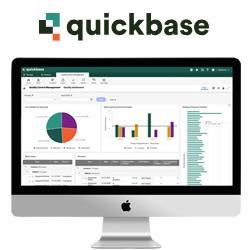California Ramps Up Solar Thermal Program
The state's Public Utilities Commission (CPUC) has increased the incentive caps in California Solar Initiative's (CSI) Solar Thermal Program for multifamily, commercial, and pool heating systems.
WASHINGTON, DC – In a move that will increase the use of solar heating in California, the state's Public Utilities Commission (CPUC) has increased the incentive caps in California Solar Initiative's (CSI) Solar Thermal Program for multifamily, commercial, and pool heating systems. Applauding the decision, Solar Energy Industries Association (SEIA) President and CEO Rhone Resch issued the following statement:
"This is a huge step forward for solar heating in California, where the increased cap will help build the market for low-income and market rate projects. Solar heating and cooling (SHC) is a clean, reliable and cost-effective way to produce hot water – whether it is for residential, commercial or recreational use. Increasing the Solar Thermal Program is a win-win for California homeowners and businesses.
"Today, approximately 44 percent of all American energy consumption is attributable to heating and cooling," Resch continued. "But by our estimates, we can create more than 50,000 new American jobs and save $60 billion in energy costs over the next 30 years by expanding the use of innovative solar heating and cooling systems (SHC) across the United States."
According to BEAM Engineering, a Boston-based energy consulting firm, SHC is the most efficient renewable technology for generating thermal heat and costs are as low as 6 cents per kilowatt (kWh) hour. A comprehensive report from SEIA's Solar Heating and Cooling Alliance released details how SHC technologies can help to power the U.S. economy, while significantly reducing pollution.
Featured Product

